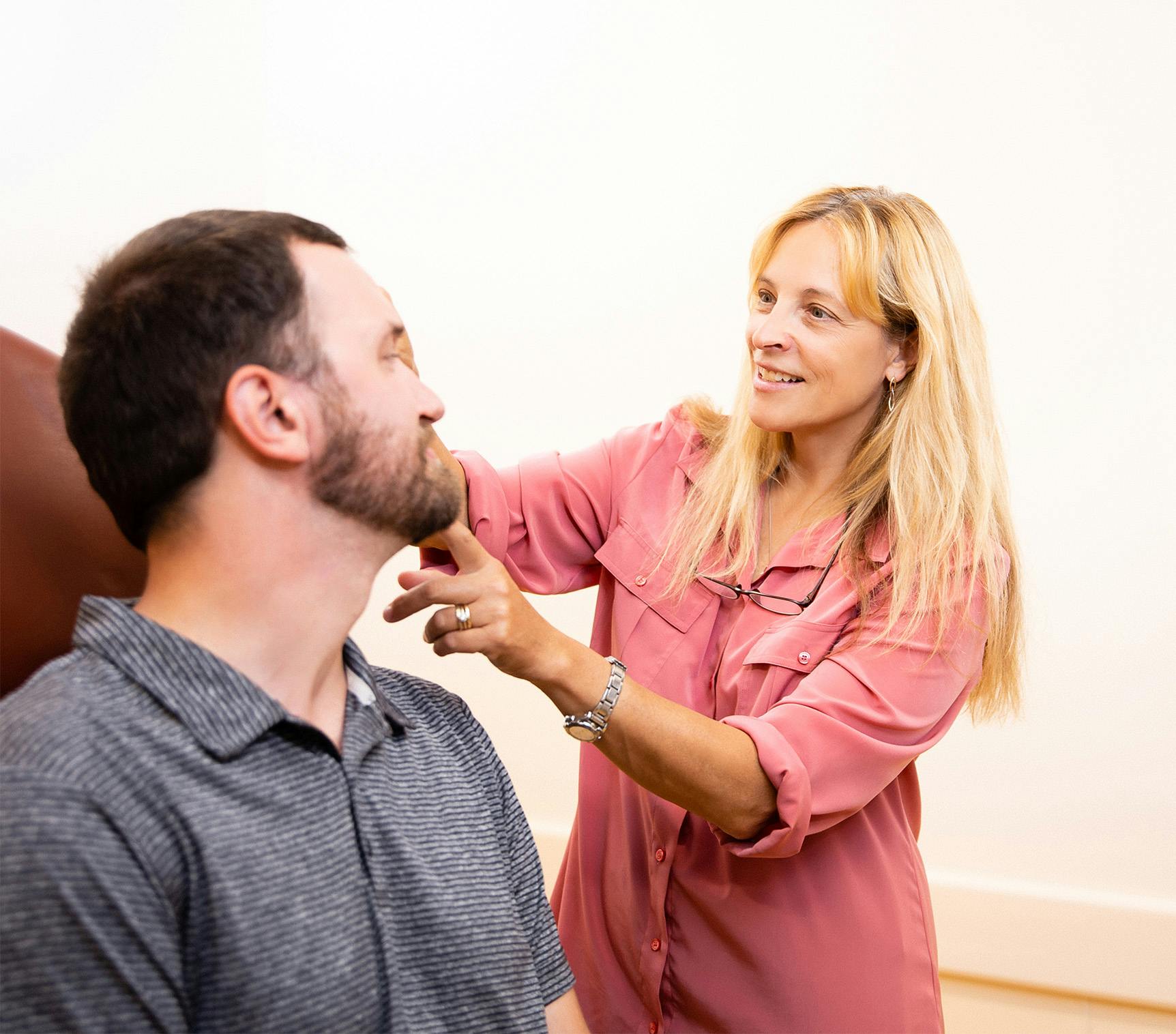Head and neck cancers are a diverse group of cancers that originate in various areas of the head and neck region, including the mouth, throat, nose, sinuses, salivary glands, and the skin of the head and neck.
Facial reanimation after head and neck cancer
Timely referral to a facial reanimation specialist is crucial for evaluating the extent of facial nerve involvement and exploring potential avenues for recovery. Collaborative care and individualized treatment plans are essential when addressing facial weakness associated with meningiomas, ensuring the best possible outcomes for affected individuals.
For instance, certain brain tumors, like malignant medulloblastomas and pilocytic astrocytomas, can lead to facial weakness when their removal impacts the origin of the facial nerve or its blood supply. Similarly, meningiomas, which are typically benign brain tumors, can also affect facial nerve function. In such cases, timely referral to a facial reanimation specialist is crucial for potential recovery.




